Anything that can be counted is considered a countable noun. It can be a singular noun or a plural noun.
| Singular countable nouns | Plural countable nouns |
|
a kangaroo 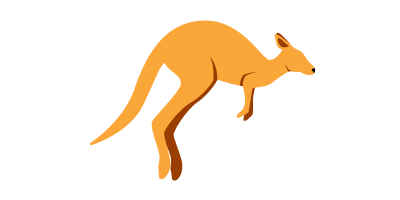 |
three kangaroos 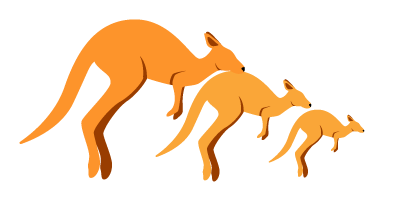 |
|
an airplane 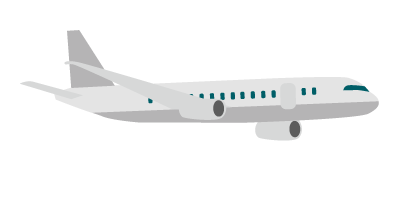 |
two airplanes 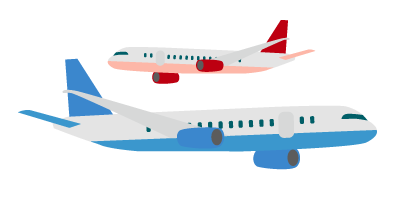 |
Anything that cannot be easily separated or counted is considered as an uncountable noun. It is referred to as a mass, a whole, or a concept.
weather
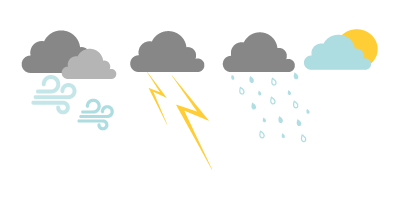
-
rain
-
lightning
-
wind
-
snow
ideas and experiences

-
advice
-
fun
-
progress
-
information
materials and substances
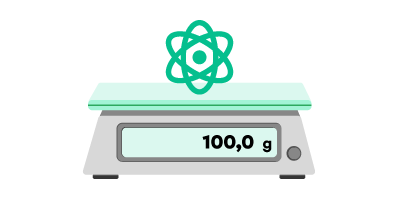
-
water
-
milk
-
gold
-
cement
groups or collections of things

-
equipment
-
furniture
-
garbage
-
luggage
abstract concepts

-
love
-
luck
-
happiness
-
music
Pay attention to the articles and the adjectives you use with different nouns. Some can be used with only countable or only uncountable nouns.
|
a/an = one object |
|
|
a car = 1 car 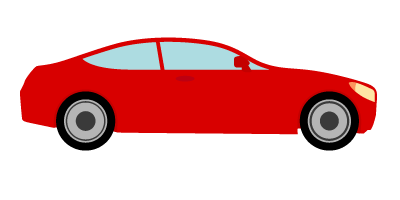
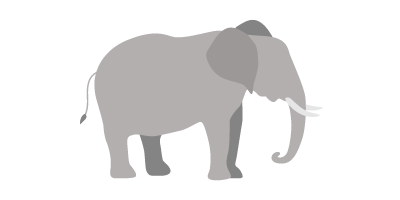 |
|
|
many = a large number |
|
|
many books = a large number of books  |
|
|
few = a small number |
|
|
few countries = a small number of countries 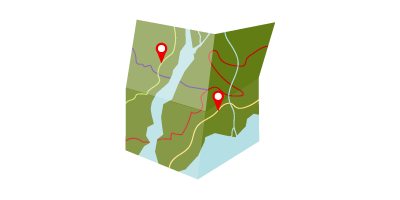 |
|
much = a large quantity |
|
|
much food = a large quantity of food 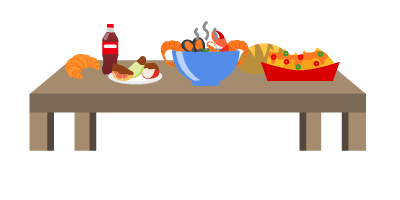 |
|
|
little/a little bit of = a small quantity |
|
|
a little bit of snow = a small quantity of snow 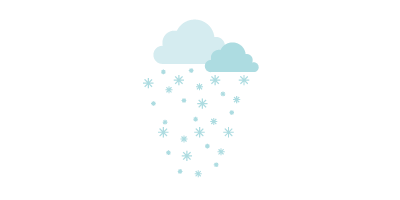 |
|
the & some = more than 1 when used with countable nouns |
the & some = a certain quantity when used with uncountable nouns |
||
|
the 5 planes 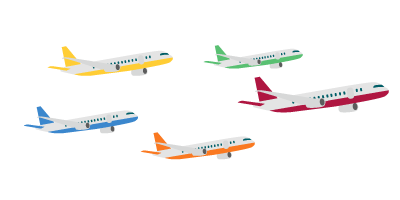
|
the cheese 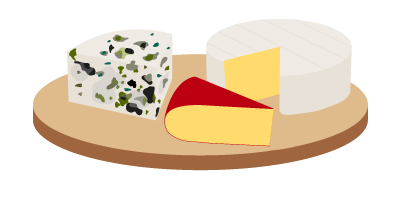
|
||
|
any = more than 1 or none when used with countable nouns |
any = a certain quantity or none when used with uncountable nouns |
||
|
Are there any workers left? 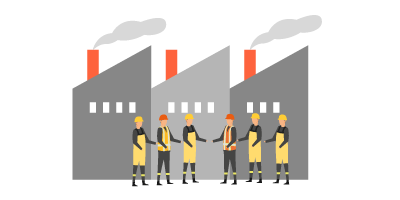 |
Do you have any soap? 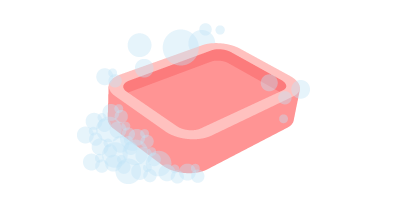 |
||
|
There aren’t any workers left. 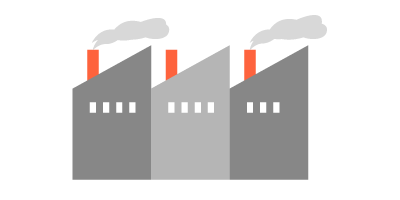
|
I don’t have any soap. 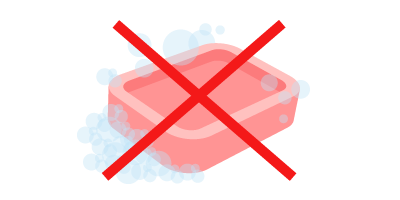
|
||
|
a lot of, enough, plenty of = a large number when used with countable nouns |
a lot, enough, plenty of = a large quantity when used with uncountable nouns |
||
|
a lot of employees 
|
a lot of money 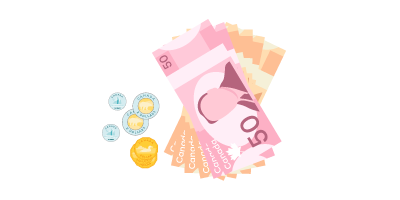
|